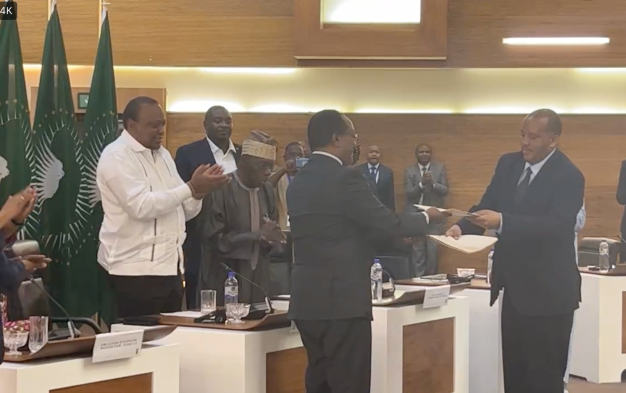The coup in Gabon has been compared to the coups that have swept across West Africa since 2020.
While there are similarities it is probably incorrect to compare them too closely – even if they have shaken the African Union and West African leaders’ commitment to see the end of military seizures of power.




